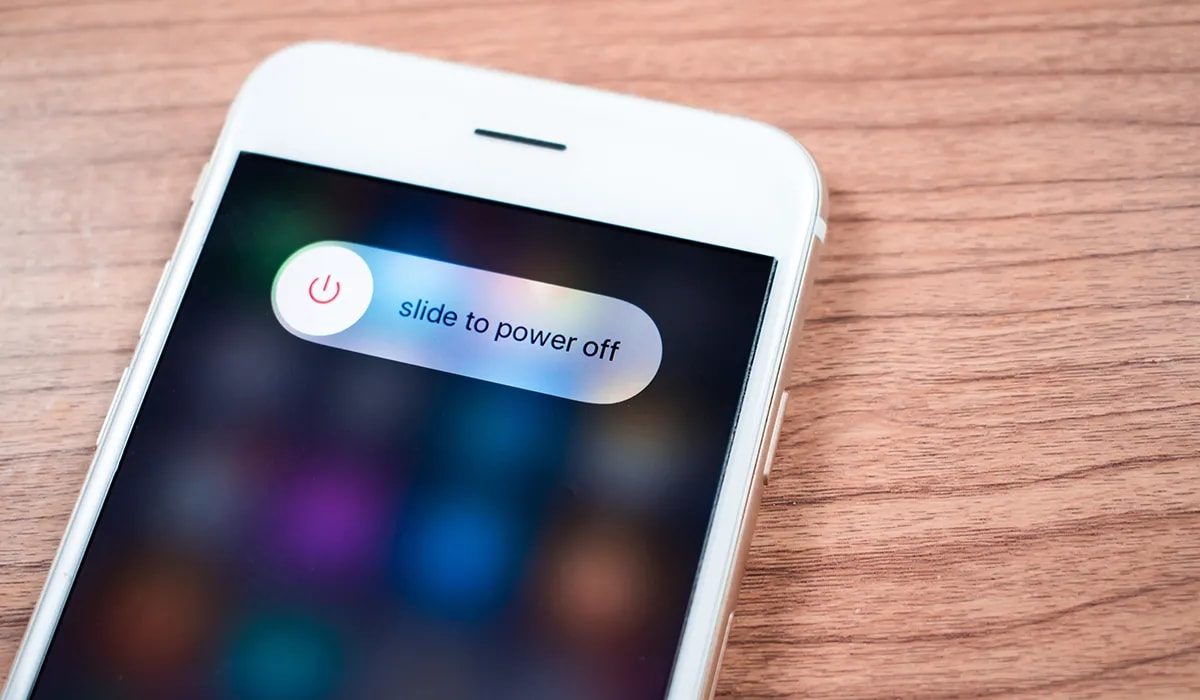When you’re overwhelmed and pressed for time, you have little room to fit in changes that can positively impact your overall health and happiness. Incorporating these three strategies can help you create more time in the new year for what brings you joy.
Tackle email overload.
The average person spends 28 percent of his or her workday answering email, according to a report by McKinsey. Reduce inflow by unsubscribing to e-newsletters and turning off social media notifications. Reply to emails as they come in, deleting all irrelevant emails on the spot. Move emails that require follow up to just one separate folder. Filing emails in multiple folders takes up 10% of time spent on emails. Instead, the time management firm recommends using the search function to locate old emails.
Step back from screens and social media.
A study by MediaKix found that the average social media user spends almost two hours per day on various apps and platforms. This time has health consequences, too. A survey of young adults published in Depression & Anxiety found social media use was associated with increased depression. The National Sleep Foundation cautions that electronic devices can disrupt your circadian rhythm, making it harder for you to fall asleep. To cut back, download social media-limiting apps to lock you out after a set time. Newer smartphone models also allow you to set screen time limits.
Stop multitasking.
You might think multitasking makes you more efficient. The exact opposite is true, especially where at least one complex task is involved. Multitasking hurts your productivity because it contributes to mental overload. Switching between tasks can cost as much as 40 percent of your productive time and can also contribute to serious mistakes, according to the American Psychological Association. To limit distractions, turn off your phone and your email notifications while you work. Instead, set regular intervals (like the top of every hour) where you check emails and voicemails.

